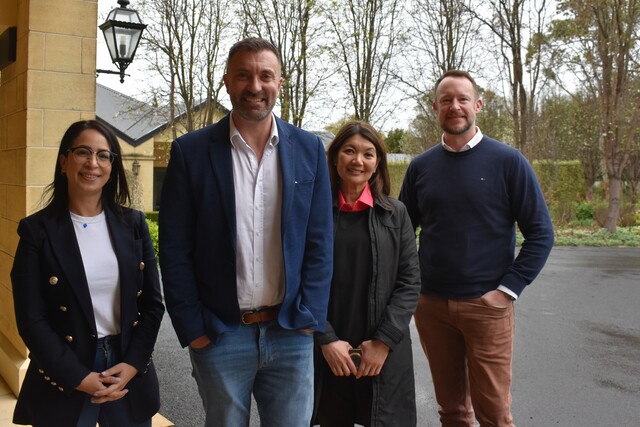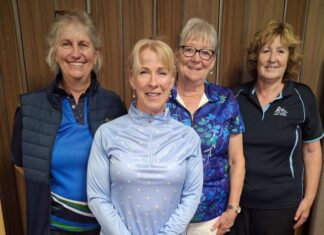Locals struggle as grocery prices soar, committee finds.

Digital Edition
Subscribe
Get an all ACCESS PASS to the News and your Digital Edition with an online subscription
BLGC women fight for Summer Cup
LAST Wednesday, 27 women contested the third of four rounds of the RSL Mount Gambier sponsored Summer Cup at the Blue Lake Golf Club...







